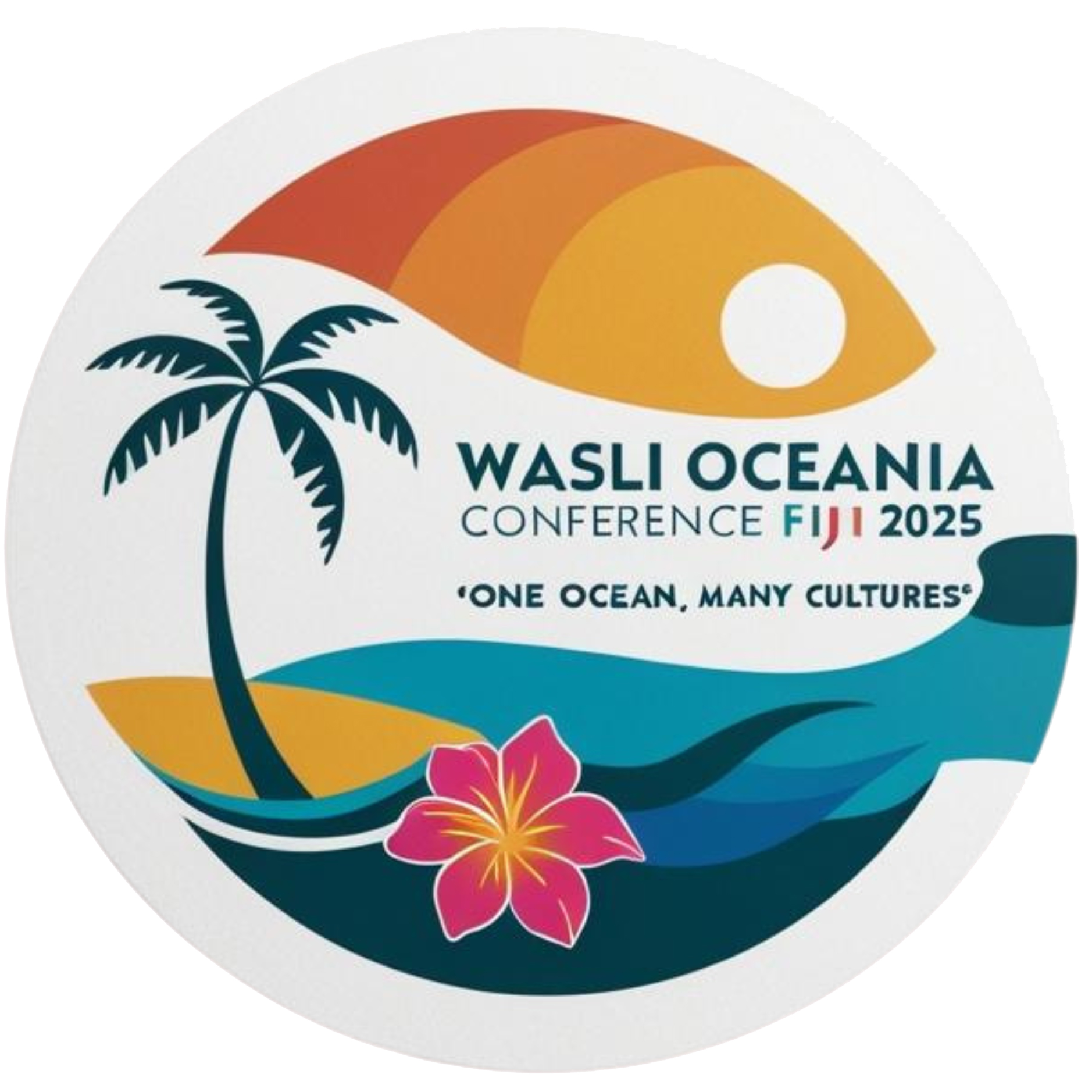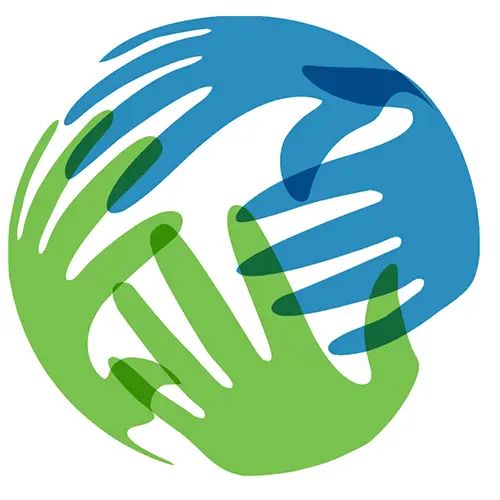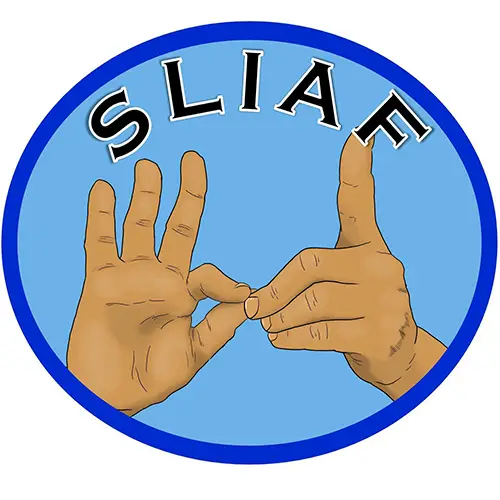About
About the Conference
The WASLI Oceania Conference 2025 will be hosted in Nadi, Fiji. It is proudly presented by the World Association of Sign Language Interpreters (WASLI) in collaboration with the local organising body, the Sign Language Interpreters Association of Fiji (SLIAF).
The two-day Pre-Conference Workshops are for delegates from Pacific Island countries only, and will be held on Tuesday 26 and Wednesday 27 August 2025. The main Conference is on Thursday 28 and Friday 29 August 2025 and will be held at the same venue. This event presents a unique opportunity to strengthen interpreting standards and foster professional connections across the Oceania region.
The program will include keynote presentations, panel discussions, hands-on workshops, and networking events—each designed to support the advancement of the sign language interpreting profession.
Bringing together interpreters from Australia, New Zealand, the Pacific Islands, and beyond, the WASLI Oceania Conference 2025 promises to be a vibrant, collaborative, and truly international experience.
Meet our Organising Committee
We’re thrilled to introduce the incredible team behind this year’s WASLI Oceania Conference in Nadi, Fiji.
Please join us in welcoming them and showing your full support as they work hard to bring this important event to life. If you’ve ever organised a conference, you’ll know just how much time, care, and behind-the-scenes effort goes into creating a meaningful and memorable experience for everyone involved.
If you have any questions or would like to get in touch, please email: waslioceaniaconference@gmail.com
Organising Committee Executive
(Fiji)
(Fiji)
(Samoa)
(Fiji)
(Fiji)
(Australia)
Organising Committee Leads
Inise Tawaketini
Michelle Ashley
Orelia Kava
Claudette Wilson
Patricia Miller
Tofia Lisiati
Susan Emerson
Orelia Kava
Susan Emerson
Rachel McKee
Inise Tawaketini
Patricia Miller
WASLI Oceania 2018: Where It All Began
Event Details & Organisation
- The very first WASLI Oceania Regional Conference took place in Nadi, Fiji from 17 to 19 August 2018, organized collaboratively by WASLI’s Oceania Regional and national interpreter associations from Australia, New Zealand and Fiji (slianz.org.nz).
- Hosted at the Tanoa International Hotel, special accommodation deals were offered for attendees.
Delegates & Participation
- The conference exceeded expectations, welcoming 138 delegates from 17 countries—more than twice the anticipated 60.
- Attendees included interpreters and Deaf community members from across Oceania (Fiji, Samoa, PNG, Solomon Islands, Kiribati, Timor-Leste), as well as from Australia, New Zealand, USA, Canada, UK, Brazil and Hong Kong (ASLITA).
Theme & Content
- The conference theme was “No Interpreter is an Island”, emphasizing collaboration and being ally‑minded—especially between interpreters and Deaf communities across the Pacific (slianz.org.nz).
- Keynote speakers included WASLI President Debra Russell, speaking on collaboration and communication, and Nigel Howard, presenting on Deafhood and diversity in Deaf culture.
Workshops & Impact
- A two‑day post‑conference workshop (20–21 August) in Suva was tailored specifically for interpreters from Pacific Island nations-with focused training on ethics, role awareness, teaming, and classifier use – and separate sessions for Deaf community leaders to share goals and expectations.
- Many participants noted that it was their first opportunity to meet fellow interpreters from the region. It became a powerful platform for sharing experiences, comparing contexts, and fostering regional solidarity.
Cultural & Community Highlights
- The conference opened with a traditional Fijian kava ceremony, followed by a performance by Fijian Deaf interpreters, setting a warm and festive tone.
- Social events included a lawn cocktail party, and a sunset cruise on Saturday evening featuring cultural dance performances and a charity auction with locally drawn cartoon art – highlighting local artistry and community engagement.
Organisational Background & Support
- Angela Murray, the WASLI Oceania Regional Representative at the time, served as co-chair (with Susan Emerson) and was central to planning and executing the inaugural conference.
- The event received crucial sponsorship—from local associations, SLIANZ (Sign Language Interpreters Association of New Zealand), ASLIA and donors—that helped fund participation for around 50 Pacific Island interpreters and Deaf leaders, significantly improving accessibility and participation.
Regional Legacy & Follow‑on
- The event stimulated growth in emerging interpreter associations, notably supporting the development of the Sign Language Interpreters Association Fiji (SLIAF) as a registered professional body.
- Following the conference, at the WASLI Board meeting in 2019, Joneti Rokotuibau of Fiji was nominated as the next Regional Representative for Oceania, reflecting the region’s expanding capacity and leadership.
Summary
The 2018 WASLI Oceania Conference in Fiji marked a significant milestone: a well‑attended, culturally rich inaugural regional gathering that brought interpreters and Deaf community leaders together across Oceania and beyond. Through the theme “No Interpreter is an Island”, it fostered collaboration, professional development, capacity building, and regional empowerment – especially for participants from emerging Pacific interpreter communities.
Here are some notable highlights, participant testimonials, and presentations from the 2018 WASLI Oceania Conference in Nadi, Fiji (17–19 August), followed by details of the post‑conference workshops (20–21 August) in Suva:
Presentations & Sessions
- Keynote Speakers:
- Debra Russell, WASLI President, focused on “Collaboration and Communication: Interpreters & Deaf Communities,” emphasising shared goals and allyship (WASLI).
- Nigel Howard spoke on Deafhood and diversity in Deaf culture, exploring cultural identity and inclusivity in interpretation.
- Regional Contributors:
- Angela Murray, as co‑chair and WASLI Oceania Regional Representative, led a panel titled “Interpreting in the Islands: Current context and challenges”, sharing insight into the Pacific context and emerging needs.
- Presenters from New Zealand included Kelly Hodgins (on poetic language and frozen texts), Rebeccah Curtis (on the SLIANZ Tuakana–Teina mentoring programme), and George Major, each offering contextually relevant professional development sessions.
Participant Testimonials
One Fijian interpreter reflected: “The conference was a good booster for Fiji… the celebration for the International Week of the Deaf was nothing like we’ve had in years…”
From Pacific Island delegates: “We left feeling more confident, inspired, re‑oriented.”
Outside the region: “Such an amazing collaboration between both Deaf and hearing interpreters and community representation for the entire Oceania region has most definitely made this the ultimate conference experience.”
ASLIA Queensland noted: “No interpreter is an island” … *we have created so many friendships & allies, gained new insights, and have many possibilities to explore.”
Post‑Conference Workshops (Suva, 20–21 August)
- Tailored specifically for Pacific Island interpreters with limited prior training, focusing on:
- Ethics and professional role
- Teamwork strategies
- Use of classifiers in interpretation
- Several experienced trainers, including Rachel McKee, Alan Wendt, Della Goswell, Debra Russell, and David McKee, facilitated the sessions.
- A concurrent workshop for Pacific Deaf community leaders allowed them to share goals and expectations, fostering regional collaboration.
Summary
The 2018 WASLI Oceania Conference in Fiji was marked by dynamic presentations from global and regional experts, inspiring testimonials, and hands-on regional workshops. It created a lasting legacy of confidence-building, professional networking, and strengthened interpreter capacity across the Pacific.


